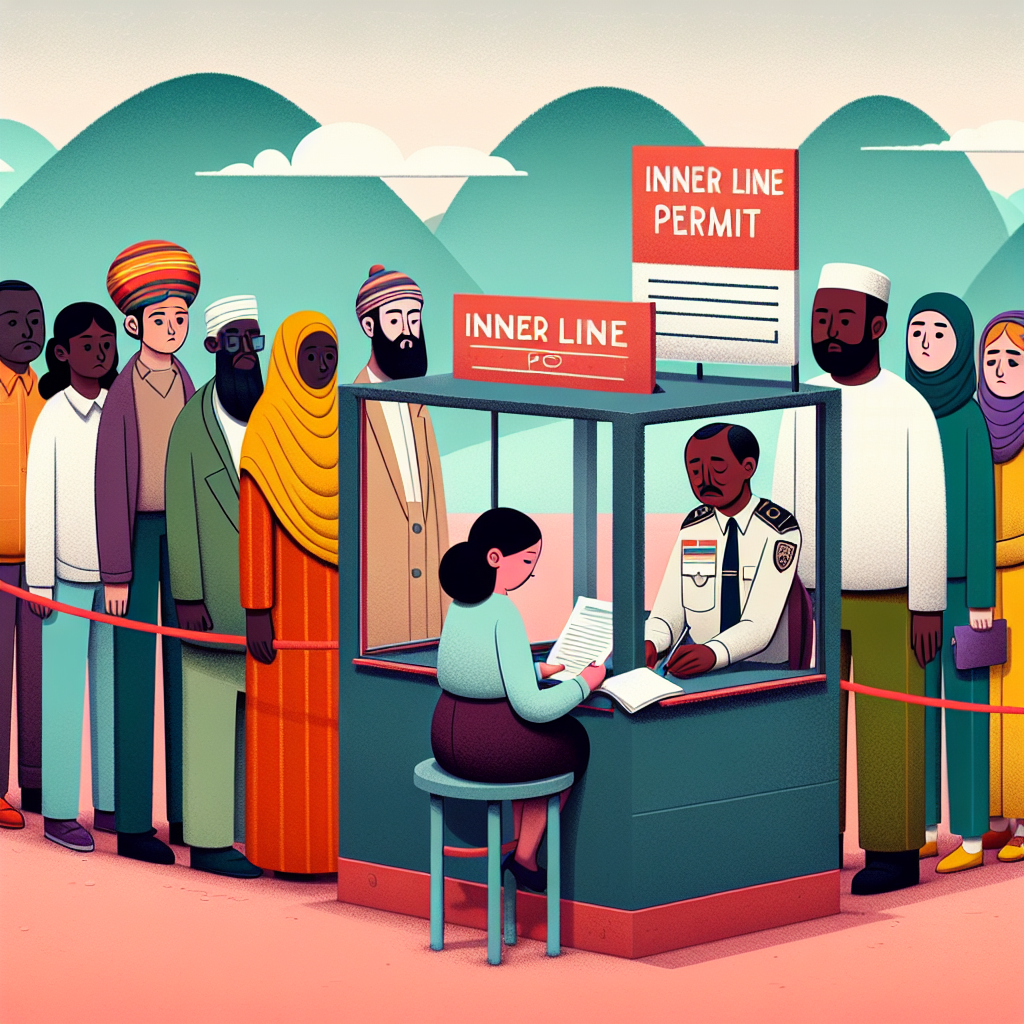Nagaland Enforces Inner Line Permit in New Districts Amid Influx Concerns
The Nagaland government has decided to enforce the Inner Line Permit (ILP) in Dimapur, Chumoukedima, and Niuland districts. The decision aims to curb illegal immigration and protect indigenous identities. Certain non-Naga residents will receive exemptions, and the government plans to streamline the ILP process digitally.

- Country:
- India
The Nagaland government decided on Wednesday to enforce the Inner Line Permit (ILP) in Dimapur, Chumoukedima, and Niuland districts, effective immediately.
Chief Minister Neiphiu Rio led the state cabinet meeting, where the decision was made. State government spokesperson and minister Temjen Imna Along informed the press about the move aimed at regulating non-indigenous entry into the state.
ILP has not been applicable to Dimapur district, which was recently bifurcated into three districts in 2021. Now, residents and visitors in these new districts will have to comply with the ILP regulations.
Dimapur and Niuland share a border with Assam, necessitating strict measures to control illegal immigration. For different non-Naga residents in Dimapur, three categories have been defined with varying levels of ILP requirements. Category I and II individuals will receive permanent residence or domicile certificates, based on their settlement dates.
The government plans to issue ILPs digitally to avoid intermediaries and make the process more efficient. Special provisions allow students, teachers, technical personnel, and investors longer-term ILPs.
The ILP, mandated by the Bengal Eastern Frontier Regulation Act of 1873, restricts non-Nagas' entry into Nagaland to protect indigenous identities. The move follows demands by tribal bodies and civil society groups amid fears of increased illegal immigration, exacerbated by political instability in neighboring Bangladesh.
Recently, the Naga Students' Federation set a two-week deadline for the government to implement ILP in these areas, warning that delays would be seen as a governmental failure to protect indigenous Naga people.
(With inputs from agencies.)










